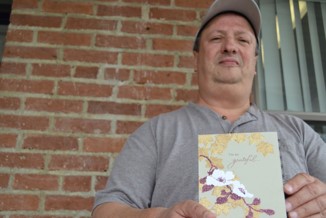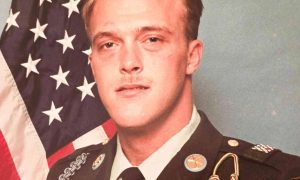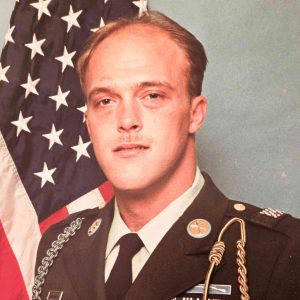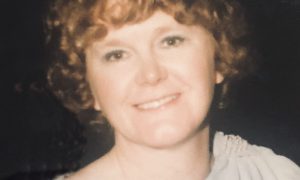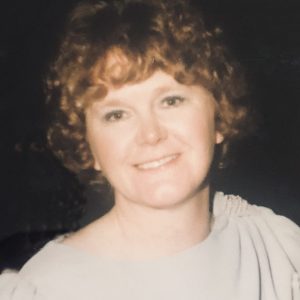Editor’s Note: Our Faces of Carson feature shares experiences from the perspective of Behavioral Health Network’s caregivers and program directors in helping individuals and families in our community.
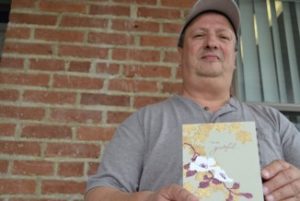
Antonio Pereira, Housing Support Specialist for BHN The Carson Center’s Adult Community Clinical Services Program. (Photo courtesy BHN)
On the surface, Antonio Pereira’s calm composure may lead you to believe that the work he does is simple— it is quite the opposite. As a Housing Specialist for BHN The Carson Center’s Adult Community Clinical Services (ACCS) program, “Tony,” as he is known, deals with a diverse array of constantly moving parts, personalities, and problems. Though Tony’s role on paper is to match clients with housing, in reality he plays a much larger role in the lives of individuals with whom he comes in contact.
After graduating from school in Massachusetts, Tony moved to Vermont to work for a local defense contractor, eventually returning to Massachusetts to work in shipping and receiving. During this time, he spotted an ad for a part-time position with a local mental health agency. Feeling unfulfilled in his current job, Tony decided to apply and was hired at BHN, working to find housing for members of the homeless community. Saying, “This work really grew on me,” Tony felt he had found his true calling, and after working both jobs for several years, he left his shipping-receiving job to become BHN’s full-time housing coordinator, where, for more than a decade, he has established himself as an indispensable resource for individuals in desperate need of housing and other vital resources.
Housing Specialists for BHN’s ACCS program oversee 33 residential apartments subsidized by the Department of Mental Health in Westfield, Agawam, and West Springfield. In part, Tony acts as a liaison between BHN and various housing authorities and manages relationships with local landlords, city halls, health departments, and the broader community. Because of his contacts in the community, Tony takes an individualized approach when matching individuals with housing, taking into account their needs—affordable food, public transportation, health care—and determining the right location. Tony also works with individuals to identify additional resources such as fuel assistance and emergency food and fuel vouchers. With this, it becomes evermore clear that Tony does not operate strictly within the boundaries of a job description.
On a personal level, Tony’s empathy has driven him to go above and beyond, saying, “I don’t see this as a job or a business transaction— I see this as human-to-human interaction.” When he first entered the field on a part-time basis, he quickly learned about the people he was serving. “It was a real challenge at first— this is a population that is widely misunderstood by the general public. Eventually, I learned that the best way to connect is by putting myself in their shoes and demonstrating an ability to listen and understand what they’re going through.”
One of the first individuals Tony served was a woman who was living alone outside by the Westfield River. Tony personally brought her lunch every day by the river before he found her an apartment. Once in the apartment, he drove her to medical appointments and connected her with community resources. This is just one of countless success stories Tony has created, highlighting “how rewarding it is to see someone graduate from the program to become a fully independent, working individual.” With many years of hard work behind him, when looking toward the future, Tony says with a smile, “I see myself doing this for a long, long time.”

